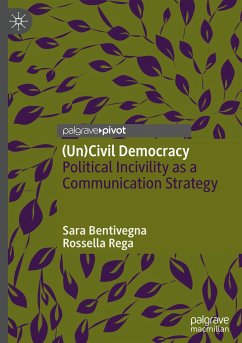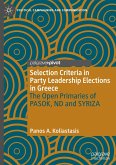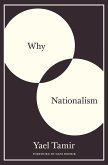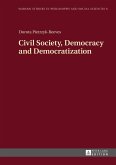This book offers a systematization of the recourse to political incivility by different subjects and in different contexts. The authors argue that incivility has now become a strategic resource that can be used by various actors in the public arena to achieve specific goals. We are referring not only to traditional political subjects, but also to journalists, citizens, movements and protest groups, that is to a plurality of actors who, from different angles, contribute to the construction of the "political spectacle". This resource can be activated according to circumstances and conveniences, whether their nature be political (to place an issue at the center of public debate or a new actor in the offer range), mediatic (to achieve an increase in visibility or viewership) or relational (to expand one's visibility and centrality in social media). The book identifies common elements linking the different levels of use of incivility, which can be traced in uncivil forms of communication. These are their expressive power (memorable gestures and unequivocal messages, which are immediately recognizable and visible), their aggregation power (they build group identities, and consolidate allegiances and bonds) and their mobilization power (they galvanize people, and inspire them to participate and take action).
Bitte wählen Sie Ihr Anliegen aus.
Rechnungen
Retourenschein anfordern
Bestellstatus
Storno








